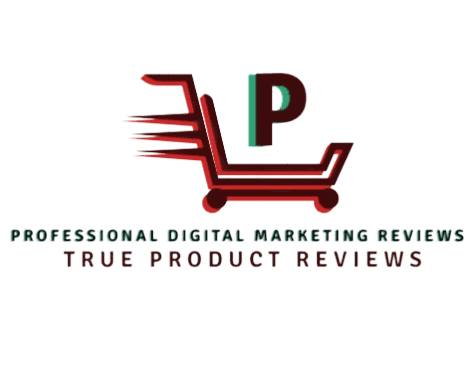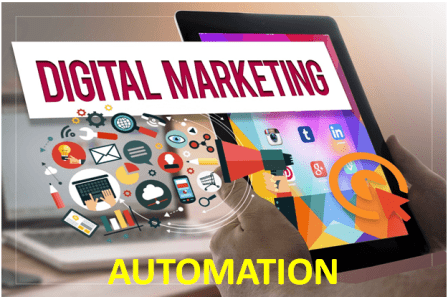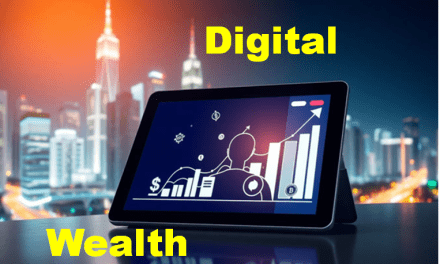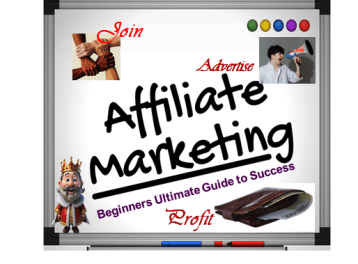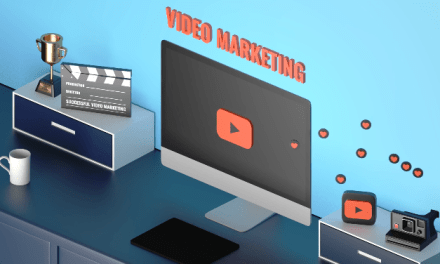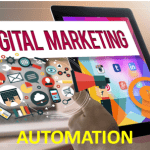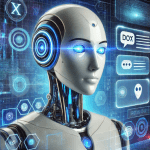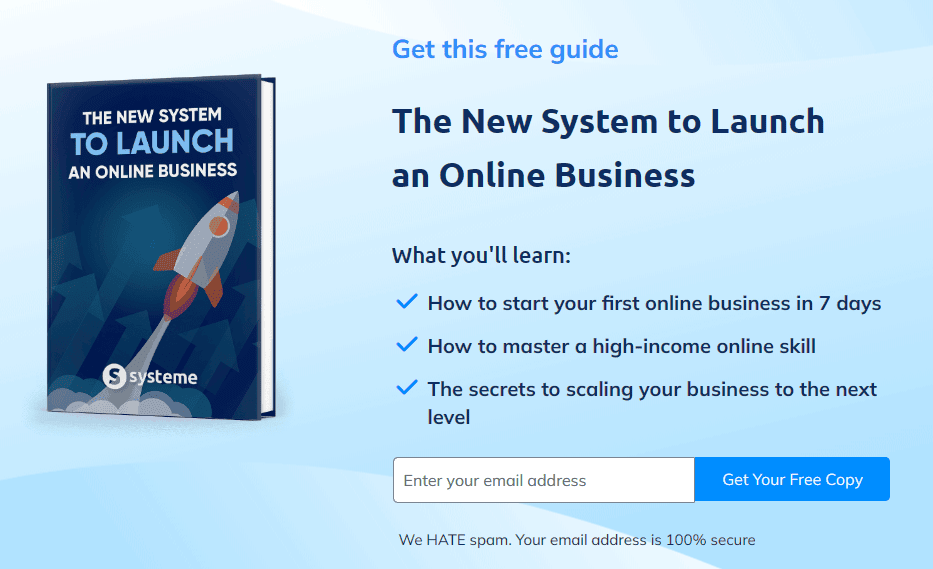What is AI, and how does it work?
AI consists of an automated system capable of performing tasks that are done by humans. These tasks usually used in marketing automation include learning from problem-solving, understanding natural language, data, reasoning, and perceiving the environment. AI systems achieve tasks by processing vast amounts of data and recognizing patterns to make decisions or predictions without human intervention.
Artificial intelligence utilizes machine learning algorithms, computer vision, natural language processing, and deep learning for data and task management. You can employ this application in many digital marketing industries, including customer service, finance, healthcare, transportation, and many others.
AI is continually evolving and holds the potential to transform various aspects of your business operations and daily life. However, it is raising ethical and societal issues, including data privacy and concerns about job displacement.
Artificial intelligence (AI) is revolutionizing marketing automation by facilitating businesses to deliver efficient, personalized, and data-driven campaigns at scale. AI-based tools analyze vast amounts of customer data in real-time and predict customer behavior, allowing marketers to automate tasks and optimize strategies for maximum impact. This transformation is evident across various industries, from hospitality to retail, where AI-based marketing automation is enhancing customer experiences and driving growth.
How AI Enhances Personalization in Marketing Campaigns

Do you want to include marketing automation in your campaigns? Personalization is then a must in any undertaking. You definitely need to use AI to enhance personalization. It’ll help you analyze customer data such as purchase behavior, browsing history, and engagement patterns so that you may tailor your AI-powered marketing messages and offers.
This level of personalization increases engagement and conversion rates by ensuring that marketing messages resonate with individual preferences and behaviors. For instance, Netflix’s AI algorithms recommend content based on individual viewing habits, which significantly boosts user engagement and retention. Likewise, Amazon’s product recommendations have been credited with increasing sales by up to 30%.
Boosting Customer Engagement through AI-Driven Strategies
AI-driven strategies promote meaningful customer engagement by delivering relevant content at the right time.
Make use of tools like sentiment analysis to monitor social media and customer feedback to enable your brand to respond promptly to customer sentiments.
Additionally, utilize AI to automate content creation and scheduling so that your posts reach audiences at the most active time. This approach saves a lot of time and also enhances the relevance of the content, leading to higher engagement rates.
Optimizing Email Marketing Campaigns Using AI
Email marketing is still a powerful tool, and AI adds value to its effectiveness. If you are head-over-heels to increase open and click-through rates, the only better option is to use AI, which can determine the best times to send emails to your customers. Behavior-based triggers, such as post-purchase follow-ups or abandoned cart reminders, ensure that emails are relevant and timely. AI-driven email marketing automation ensures that each customer receives relevant, personalized messages, increasing the likelihood of engagement and conversions. Email automation platforms does a great job ensuring precise email delivery.
Streamlining Lead Generation with AI Automation
Outdated lead generation methods are being replaced gradually. AI is streamlining lead generation by automating the process of identifying and nurturing potential customers.
Predictive analytics evaluate the likelihood of a lead converting into a customer, allowing sales teams to prioritize high-value prospects.
The best option is to use AI-enabled marketing automation tools to automate follow-up personalized and timely messages. This automation process saves time and also increases the efficiency of the lead generation process.
Enhancing Social Media Marketing with AI Automation
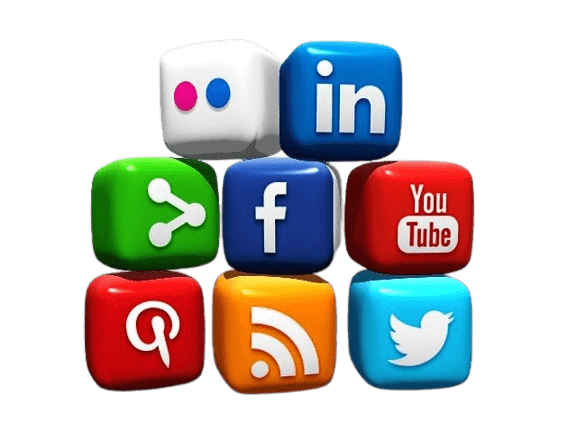
AI-powered content marketing is crucial in the quest for success. Social media marketing is important when enhanced through AI-guided marketing automation. Always use AI-enabled tools to analyze audience behavior to determine the best times to post.
AI will automate your routine marketing tasks such as social media posting, email scheduling, and customer segmentation. This automation will allow you to focus on strategic initiatives, leading to faster campaign execution and improved productivity.
This will definitely increase visibility and engagement. Sentiment analysis will precisely allow your brands to gauge public perception and adjust strategies accordingly.
Additionally, using AI will automate responses to customer inquiries, providing instant support and improving customer satisfaction.
Integrating AI into Your Marketing Automation Workflow
Integrating AI into your marketing automation workflow involves selecting the right AI-driven marketing automation tools and aligning them with your business objectives.
Begin by identifying areas where AI can add value, such as customer segmentation, content personalization, or predictive analytics. Implement AI-powered marketing automation tools that integrate seamlessly with your existing systems and provide actionable insights.
An AI-powered marketing automation platform is an ideal place to start. Do continuous monitoring and optimization, which are essential to ensure that AI-driven strategies deliver the desired outcomes.
Measuring ROI: The Impact of AI on Marketing Performance
Try to regularly assess your marketing processes. Measure the return on investment (ROI) of AI in your marketing by assessing both tangible and intangible benefits.
AI alone can improve efficiency by automating tasks, allowing you to focus on strategic initiatives. It can also enhance effectiveness by delivering personalized experiences that increase customer engagement and conversion rates.
For example, businesses using marketing automation companies for predictive analytics have seen a 10-20% improvement in customer retention. Additionally, AI can research customer behavior, enabling you to refine strategies and improve performance over time.
Predictive Analytics: Anticipating Customer Behavior with AI
Do a study of your customers. Employ AI predictive analytics to forecast future behavior based on historical data.
When you identify trends and patterns, your business can anticipate customer needs, and you should tailor their marketing strategies accordingly. For instance, retailers using predictive analytics realized more than a 15% increase in sales after implementing AI-driven product recommendations on their websites.
This proactive approach can project you to stay ahead of the competition and deliver relevant experiences to your customers.
AI-Powered Chatbots: Revolutionizing Customer Support
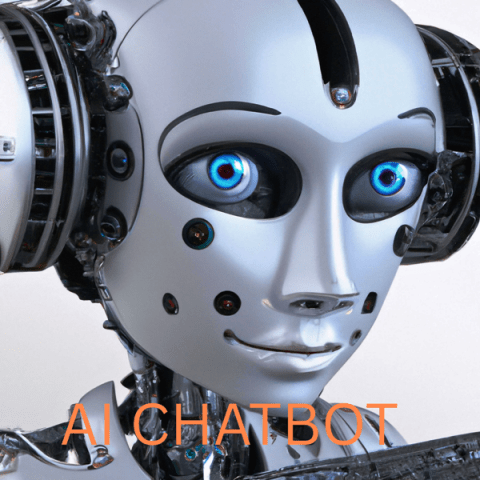
Chatbots are versatile pieces of AI-guided tools. AI-powered chatbots are transforming customer support by providing instant, 24/7 support.
Use these chatbots to resolve issues, handle common inquiries, and guide customers through your sales funnel.
These AI-enabled chatbots analyze customer interactions in an instant and can offer personalized responses and escalate complex issues to human agents when necessary. This action improves customer satisfaction and reduces operational expenses by automating routine tasks.
AI Applications in Industries
AI applications are widespread and impact processes in various industries, including
- Transportation: It optimizes logistics and powers autonomous vehicles.
- Healthcare: AI assists in managing healthcare records, diagnosing diseases, and personalizing treatment plans.
- Finance: In this industry, it helps in risk assessment and algorithmic trading and is used to detect fraudulent activities.
Real-World Applications
- Paramark’s Predictive Analytics: Generative AI startup Paramark recently developed a platform that quantifies the impact of ad campaigns across multiple channels, helping businesses forecast sales effects and make informed budgeting decisions.
- Adobe’s AI Agents: Adobe recently introduced AI agents that assist brands in personalizing user communications on their websites. These agents tailor marketing hard work based on enhancing customer engagement and user activity.
Marketing Automation in Kenya
In Kenya, like anywhere else in the world, digital engagement and mobile usage are rapidly increasing. AI-driven marketing automation can appreciably enhance customer outreach in this sphere. Platforms similar to Adobe’s AI agents and tools from startups such as Paramark can be leveraged to create personalized experiences for Kenyan consumers, driving loyalty and engagement.
Local SMEs and agencies are leveraging tools like Systeme, HubSpot, Mailchimp, and Zoho CRM to automate email campaigns, manage customer relationships, and analyze marketing performance. These tools help businesses in Nairobi and beyond to reach a broader audience, personalize communications, and improve customer engagement. Everyone else is using AI-driven marketing automation; use it to your advantage!
Popular Marketing Automation Tools
These are the most popular tools currently being used today:
- Systeme.IO: Powerful automated all-in-one online marketing tools
- HubSpot: Offers a comprehensive suite for inbound marketing, sales, and customer service.
- Marketo: Provides advanced features for lead management, email marketing, and analytics
- Mailchimp: Known for its user-friendly interface and email marketing capabilities.
- Zoho CRM: Integrates marketing automation with customer relationship management.
- Moosend: Best automated email marketing tool
- ActiveCampaign: Combines email marketing, automation, and sales CRM.
- Klaviyo: Specializes in email and SMS marketing automation for e-commerce businesses.
- GetResponse: Provides tools for email marketing, landing pages, and webinar hosting.
- Drip: Focuses on e-commerce CRM and email marketing automation.
- ConvertKit: Designed for creators, offering email marketing and automation features.
- Ontraport: Combines CRM, AI-based marketing automation, and business management tools.
Conclusion
AI is everything these days. It is a game-changer in marketing automation, offering tools and strategies that enhance personalization, engagement, and efficiency.
If you leverage AI in your business to deliver tailored experiences, anticipate customer needs, and optimize marketing efforts, you’ll get better returns.
As AI-based technology continues to evolve, its role in marketing will become increasingly integral, driving innovation in shaping successful marketing strategies. You should mount this bandwagon if you want to succeed in automated digital marketing.
